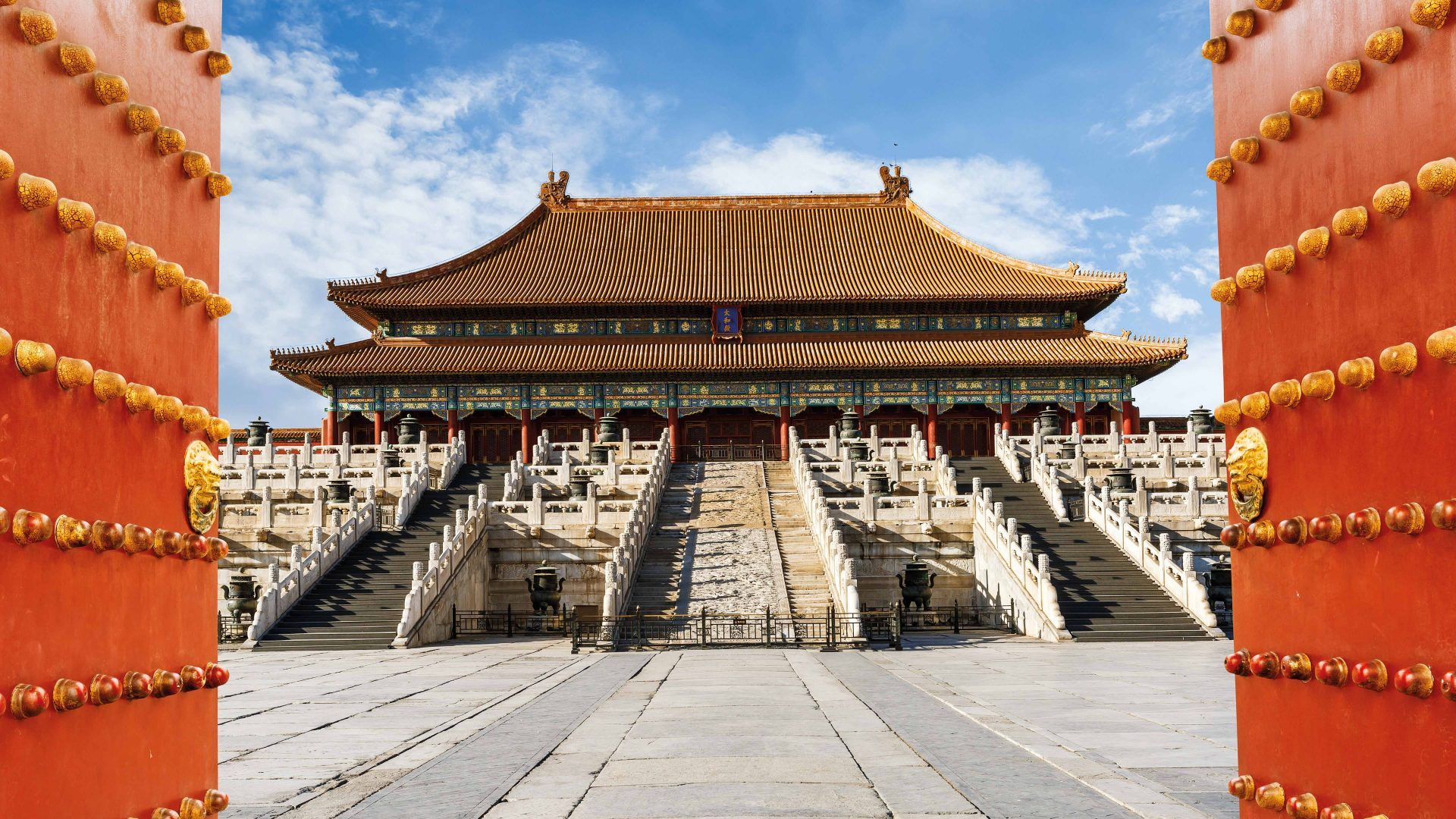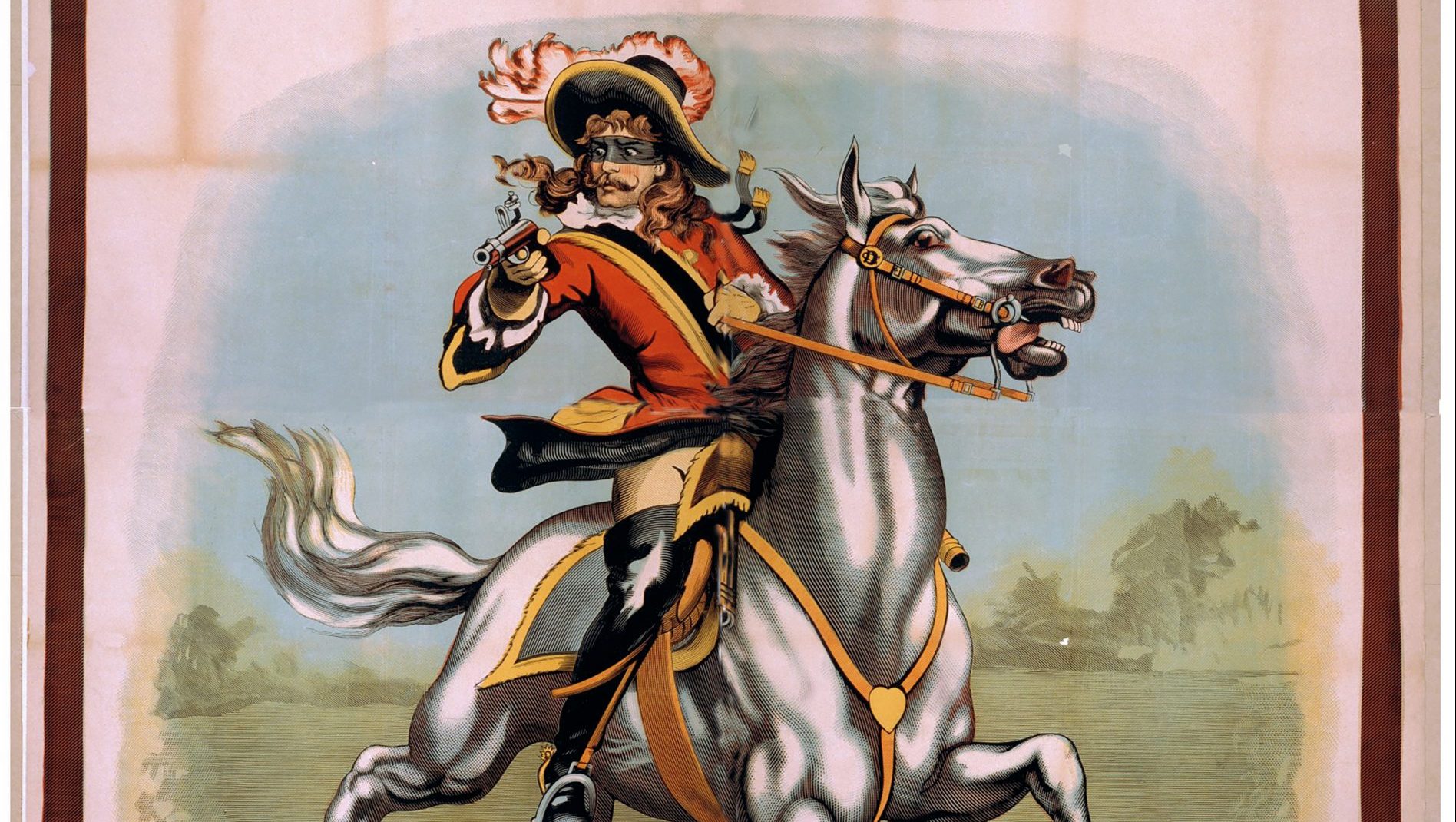It is often said that the capital of China “changed its name” from Peking to
Beijing, but that is not really what happened. The forms Peking and
Beijing are both transliterations into the Latin alphabet of the same Chinese
name. (Beijing means ‘northern capital’, Nanjing ‘southern capital’.)
Naturally, Peking/Beijing is written by Chinese-speaking people using their
own non-alphabetic writing system. For us to read it, this has to be converted into our alphabet. This conversion of Chinese logograms into
the Latin alphabet is known as “romanisation”.
The so-called change of the name simply involved an older romanisation
system, which rendered the Chinese name as Peking, being replaced by a
new system, which transliterated the name using a different sequence of
Latin-alphabet letters.
The advocates of the new system believed their transliteration gave a
better representation of the modern Chinese pronunciation. Linguistic
change played a role in this. Since the name’s original romanisation as Peking, a change has taken place in Mandarin Chinese in which the k sound in the middle has altered so that it now sounds to us more like the consonant
sounds we represent with a j or a ch.
The case of Bombay is rather different. Bombay did not “change its
name” to Mumbai. In the local language, Marathi – which has about 75
million speakers – the name of the city had been Mumbai for a very long time. Unlike in China, however, English is one of the official languages of India – it is the major language of inter-regional communication. And so while the Indian government cannot instruct English-speaking people around the world on how to pronounce their own language, they can legislate as to how the English-language names of Indian cities are to be written in India, on official documents and public signage. The English-language name Bombay was officially changed to Mumbai by the Indian government in 1995.
This change was the result of pressure from Marathi nationalists. These people felt that Bombay was a legacy of British colonial oppression – which it really was not, because the city’s name in Hindi, the largest Indian language, also was and still is Bambai. And plenty of Indian citizens today still say “Bombay” when they are speaking English.
The major Polish – earlier German – town on the Baltic Sea which similarly
appears to have changed its name has also not really done so. English speakers always used to call it Danzig, and that was certainly the only name I ever knew for the city during the first few decades of my life. Now the name
we see most often in English-language publications is Gdansk. But this does not represent a change of name as such. The Polish name for the city has been Gdańsk for many centuries. What has happened is that many of us in the English-speaking world have stopped using the originally German-language name as the English form and instead started using the Polish name as our word for the city.
But if you catch a train from Berlin to Gdansk, the information board in the
railway station still shows the name of your destination as “Danzig”.
PÉKIN
There is no need for English speakers to abandon the long-established
English-language name Peking. The French name for the city remains
Pékin; in Polish it is still Pekin, and in German it remains Peking. The official English-language name of the capital city’s university, as publicised by the institution itself, is Peking University.




